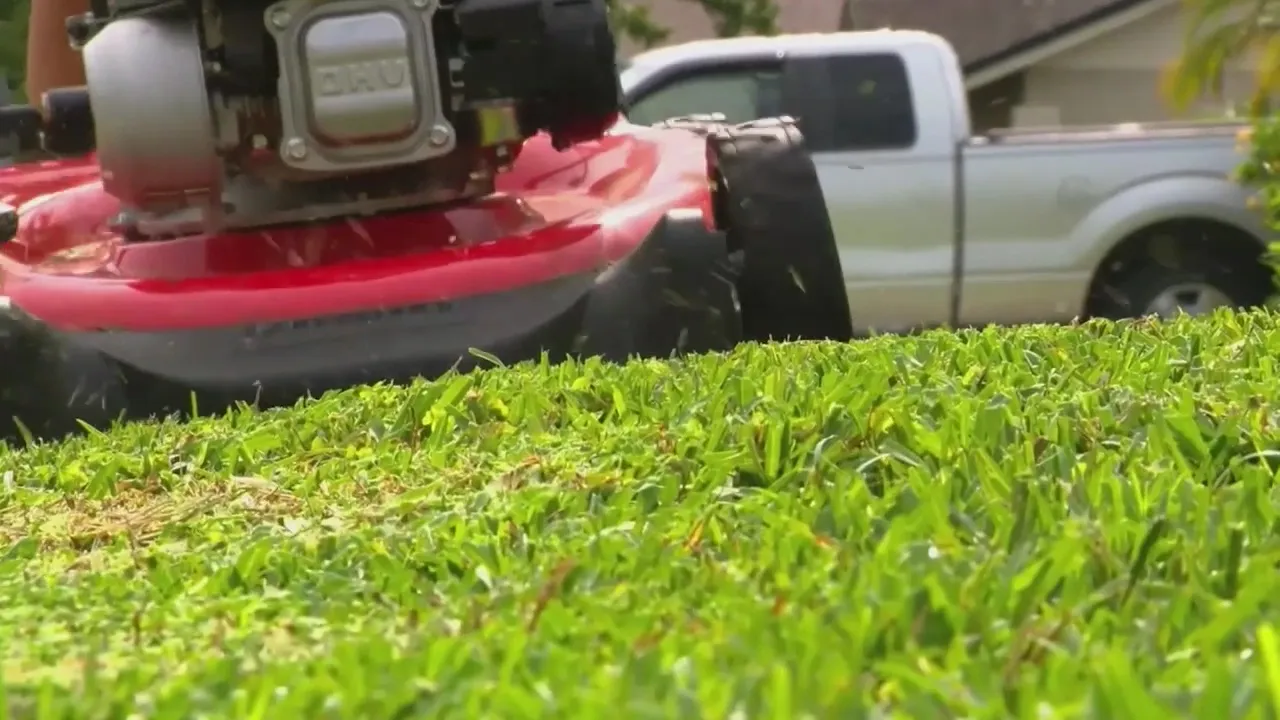Starting June 1, a new rule in Colorado officially bans the use of gas-powered lawn equipment for many people.
This change is part of the state’s effort to reduce air pollution and improve public health. The ban covers tools like gas-powered lawnmowers, leaf blowers, and trimmers.
This rule is focused on areas that are struggling with bad air quality, such as the Denver Metro area and the northern Front Range.
The rule applies to both residential and commercial use, especially for government buildings and companies that take care of lawns and landscapes. However, private homeowners can still use their gas-powered tools for now.
According to officials, small engines used in gas lawn equipment release a large amount of air pollution, more than some cars even. By reducing their use, the government hopes to make the air cleaner and safer for everyone, especially people who have asthma or breathing problems.
The Colorado Air Pollution Control Division said this move will help cut down emissions from these engines, which release nitrogen oxides and volatile organic compounds. These chemicals are harmful and play a big role in forming ground-level ozone, which causes smog.
The rule applies during the summer months—June 1 to August 31—when air quality problems are at their worst. For now, the ban is seasonal and is expected to return every summer.
Officials are encouraging people to switch to electric or battery-powered lawn tools instead. These tools are quieter, better for the environment, and don’t produce direct emissions. Some cities are even offering financial help or rebates to people who want to make the switch.
Colorado’s air quality has been under serious observation by the Environmental Protection Agency (EPA). The Front Range has been marked as a “serious” violator when it comes to air pollution levels.
State leaders believe this new rule will make a big difference in reducing pollution and protecting public health, especially during the summer when pollution levels rise.
More information and updates can be found on the Colorado Department of Public Health and Environment website.






